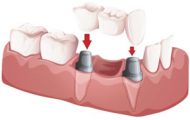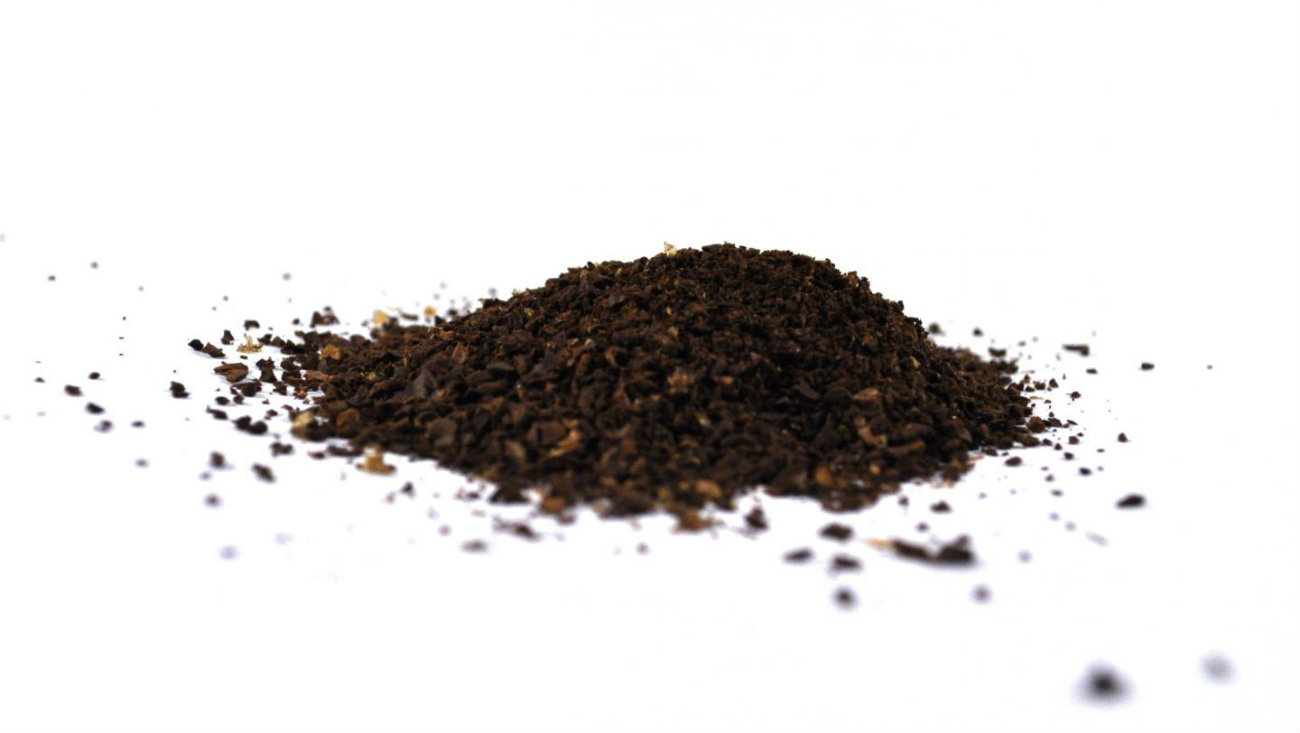People are living much longer than they did a century ago, but in many cases this comes despite terrible lifestyles; it’s medical advancements that increase longevity for those disinclined to help themselves. Conversely, the physically active don’t just live longer, they live better; plus they have “compressed morbidity.”
Compressed morbidity? That doesn’t sound good. Actually, it is good. Yes, studies show exercise increases longevity, but guess what else happens? When you finally go downhill, you go fast. The period of sickness is shorter. Hooray!
Seriously, hooray! This is good news. Think about it: Say you live to be 90, almost all the while in awesome shape. Wouldn’t you rather be spry right up to 89? The “body falls apart to let you know death is looming so make your peace” messaging is brief; then you’re fertilizer. Cue Elton John: It’s the circle of liiiifffffeeee — and it rules us aaaaalllll.
Perhaps that sounds less than awesome; we’re talking about the big “D” here, and it’s coming for you. It’s coming for us all. But for many, it’s not the rainbows and puppy hugs compressed-morbidity version. They’re dying younger after an unpleasant and lengthy period of disability.
“People get into middle age, and their health begins to ratchet down, often due to specific diseases that frequently occur due to poor lifestyle: hypertension, diabetes, obesity and coronary artery disease,” said Dr. Mike Joyner, a physician-researcher and expert in exercise physiology at the Mayo Clinic in Rochester, Minn. Being sedentary is a common cause for a lot of these diseases.
“Then what happens is that their physiological function goes down and they get progressively more disabled,” Joyner said. “By the time they’re in their 60s and 70s, they’ve become frail and have this long period of reduced functionality prior to death. Seventy percent of 70-year-olds can’t get up off the floor without grabbing onto something.” He explained that the biggest predictors of five-year life expectancy were things like grip strength, self-selected walking speed and how fast you get out of a chair. Weak and slow equal get your affairs in order.
“How early you start and how many years you keep exercising is probably more important than amount,” Dr. Jim Fries, professor emeritus at Stanford University told me of how to “delay aging.” Fries is a Boston Marathon qualifier and made it to just below Camp 4 on Everest, just 3,000 feet beneath the summit. As a pioneer in the subject of staying spry, he practices what he preaches. “More exercise is better, but there are diminishing returns. And starting young is better than starting at 50, but starting at 50 is better than nothing.”
Joyner, who once ran a lightning-fast marathon (2 hours and 25 minutes), was more optimistic about the later-life start. He explained that a solid effort in middle age could change your physiology to make it akin to a lifetime exerciser.
It’s not just aging that exercise delays — but death.
“Exercise adds 16 years in terms of postponing morbidity and nine years postponing mortality,” Fries said, referencing a 2012 research article he wrote for Current Gerontology and Geriatrics Research.
Excuse me while I go for a run.
Fries is a fan of running because it trains the entire body and keeps organ function high. It’s also good for preventing cognitive decline. He is cautious, however, about committing to any specific prescription of exercise in terms of type, time or intensity, saying there isn’t enough research to support “fine-grain” recommendations. Instead, he advises, “Start as early as you can and do as much as you can. Also, do something you like.” Sound advice.
If you want to live long and live well, Joyner recommends mimicking the lifestyle of Seventh-day Adventists, referencing a 2001 study of 34,192 followers published in the Archives of Internal Medicine. They have “optimal behaviors,” such as regular exercise, healthy diet and body weight, and abstinence from smoking, and this affords them up to 10 years longer life expectancy, along with a significantly delayed onset of aging.
Joyner was more prescriptive in his exercise recommendations, suggesting a combination of aerobic exercise, like running or cycling, but also advocating that which builds strength, like lifting weights. “You’ve got to do both,” he said. “Aerobic is more important in young and middle age, but older people don’t need a lot of aerobic capacity to go about their daily tasks. Seniors are more limited by musculoskeletal frailty.” I’ve shown previously that resistance training improves bone strength and prevents falls, but it also makes it easier to look after yourself and stay out of the nursing home by being able to carry your own groceries and laundry basket or open your own jars.
“Resistance training is not just for those meathead guys,” said Dr. Spencer Nadolsky, a bodybuilding family physician in Suffolk, Va. “My older patients who lift weights do a lot better at being independent.”
“People are making fitness way too complicated,” Joyner said. “I don’t have a snowblower for a reason. Mother nature gives you a free workout.”
It sure does for my 71-year-old father, who has no running water, heats with wood, and shovels snow in the winter and gardens in the summer in northern British Columbia.
Inspiring news regarding the efficacy of exercise to delay aging was just published in the Journal of Physiology. It compared old cyclists to really old cyclists, using 125 subjects ranging from 55 to 79 years, and a researcher looking solely at the collected data of their various physical capabilities would not be able to tell how old these studies’ participants were. Yes, the oldest subjects didn’t perform as well as their less senior counterparts, but compared with the population at large, they were staying young on the inside.
I don’t like the idea of wasting away in a bed, tubes in orifices, perhaps for years. While I’m on the right side of the dirt, I want to enjoy life, so I’ll keep exercising. And the compression of my disabled period means the nosedive into death should be mercifully brief.
(James Fell is a certified strength and conditioning specialist and owner of bodyforwife.com.)
(c)2015 Chicago Tribune
Visit the Chicago Tribune at www.chicagotribune.com
Distributed by Tribune Content Agency, LLC
Read more at http://www.arcamax.com/health/healthtips/s-1628244?fs#BCbkzdMXGHkMiZae.99



